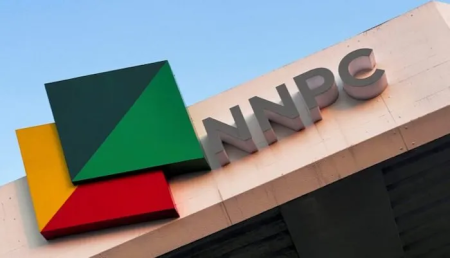
Port Harcourt — Many people heaved a sigh of relief April 5 when the Nigerian Electricity Regulatory Commission (NERC) announced that the 200% hike in the unit cost of electricity would affect only Band A consumers, those who enjoy 20 hours of public power supply in Nigeria. The increase was the worst kept secret in the country as the authorities denied the reports and the distribution companies kept hinting that they would be out of business if the price levels stayed the same. First hint of the increase was the announcement by the Nigerian Midstream and Downstream Petroleum Regulatory Authority of the hike in “base price for natural gas from $2.18 to $2.42 per metric million British thermal unit (mmBtu.)”
When eventually NERC announced the new rate, it said the adjustment from N66/N77 per kilowatt-hour to N225 was only for Band A customers. This, according to NERC, applies to just 15 percent of the more than 13 million customers nationwide being served by 11 distribution companies. It said consumers in Bands B, C, D and E have been spared the increase. Meanwhile, I have a problem trying to determine the band I belong because of the wide gap in notional supply and actual provision. I can’t count the hours of supply in my area and a neighbour has kindly suggested that some of us may indeed be bandless!
The increase adds to a pattern of hike that is part of the Federal Government’s plan to remove subsidies on public utilities in a bid, it says, to free up trapped money for vital development needs. The government disclosed that it spent about N2.9 trillion on electricity subsidy, and still subsidising 85 per cent of electricity supply in the country despite the increase.
Despite the spin on the increase, it is disingenuous to suggest as NERC wants us to believe that only Band A customers will be affected by the new rates. Who are they fooling? First, on the issue of power supply, it is the distribution company that is firmly in the driving seat. They decide who to supply at any time and charge. For instance, barely two days after NERC announced the hike, electricity consumers in Abuja regardless of the band they belonged to, were charged the new rates. It was when vigilant consumers raised the alarm as they tried to purchase electricity units that NERC came to the rescue by denouncing the act, slamming a fine of N200 million on the Abuja Electricity Distribution Company and ordering them to refund the wrong charges. The company on its part blamed the wrong charges on a “system glitch.”
Such system glitches would be hard to detect in a situation when customers are not metered. According to the National Bureau of Statistics, there were more than 5.8 million unmetered customers at the end of 2023. Customers whose consumption cannot be tracked empirically will continue to be victims of the crazy bills that have been our experience all these years. But the greatest implication of the price hike is on the cost of goods and services. Businesses and manufacturers in Band A won’t accept the new charges. They would simply pass them to you and I in a manner that makes life much tougher than it is at present. And despite the assurances, the price rise will hit those in other bands eventually. Why am I confident of this scenario? Gas is the man generator of power and with the increase in the price of this key raw material, we know that it is only a matter of time for other hikes to follow.
I’m sure the government is aware of this but neatly turns a blind eye to it. If it reasons holistically and sees the entire energy value chain, it will admit that this is an across-the-board increase implemented through the back door. It is trite to say Nigeria has a power problem. By the grace of God, I’ve been around for some time and have been up and about in countries and continents. I’m always amused at the shouts of joy in many neighborhoods in Nigeria each time power is restored. Some people cheer, others clap and yet others shout “NEPA!” in celebrating what citizens in other countries take for granted. I would always laugh at these celebratory noises and take them as the mentality of plebians. Imagine my shock then when, the other day, I found myself shouting “NEPA” as power was restored at home after days of outage. It was then I realised the real cost of electricity in Nigeria.



